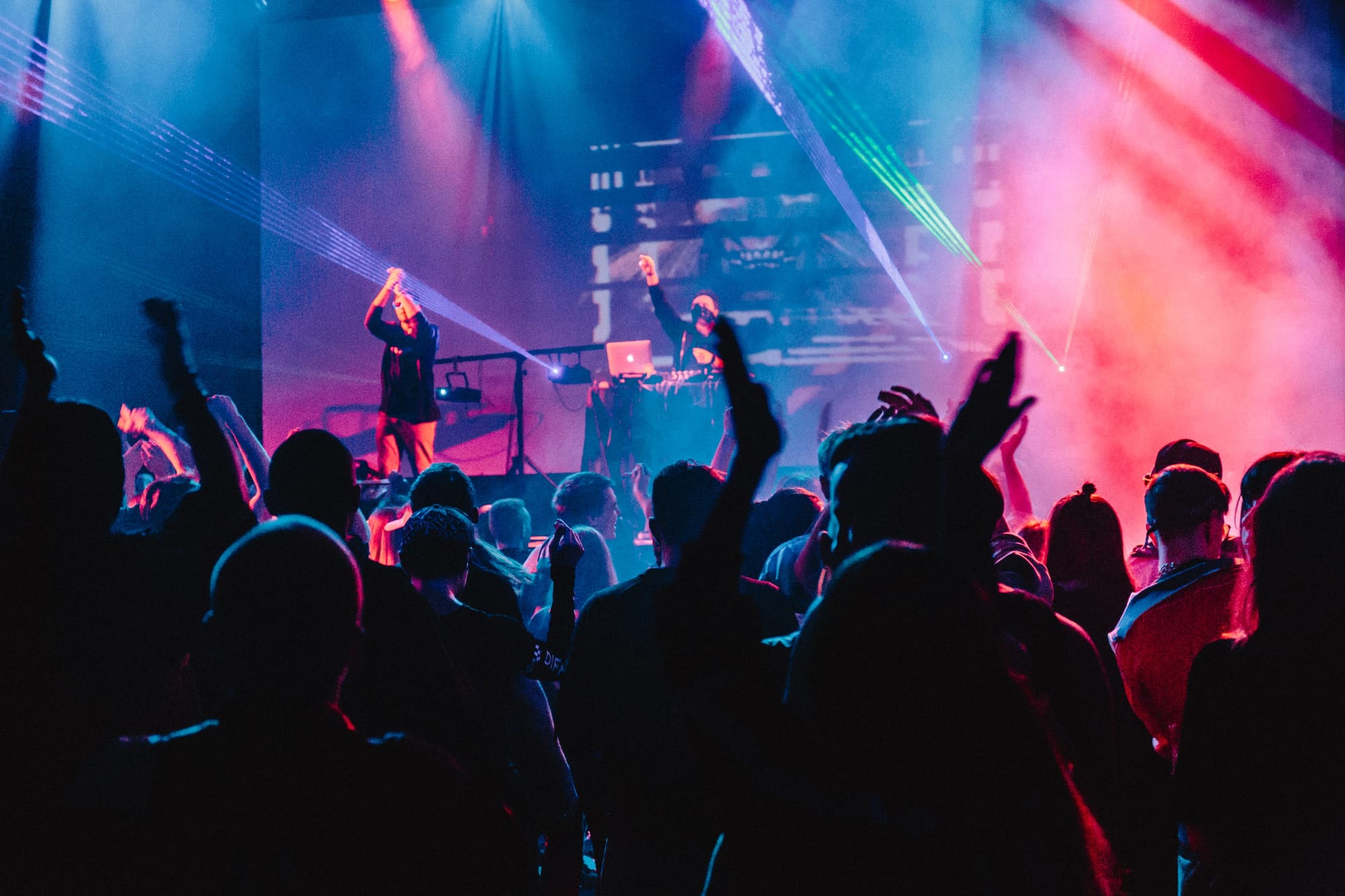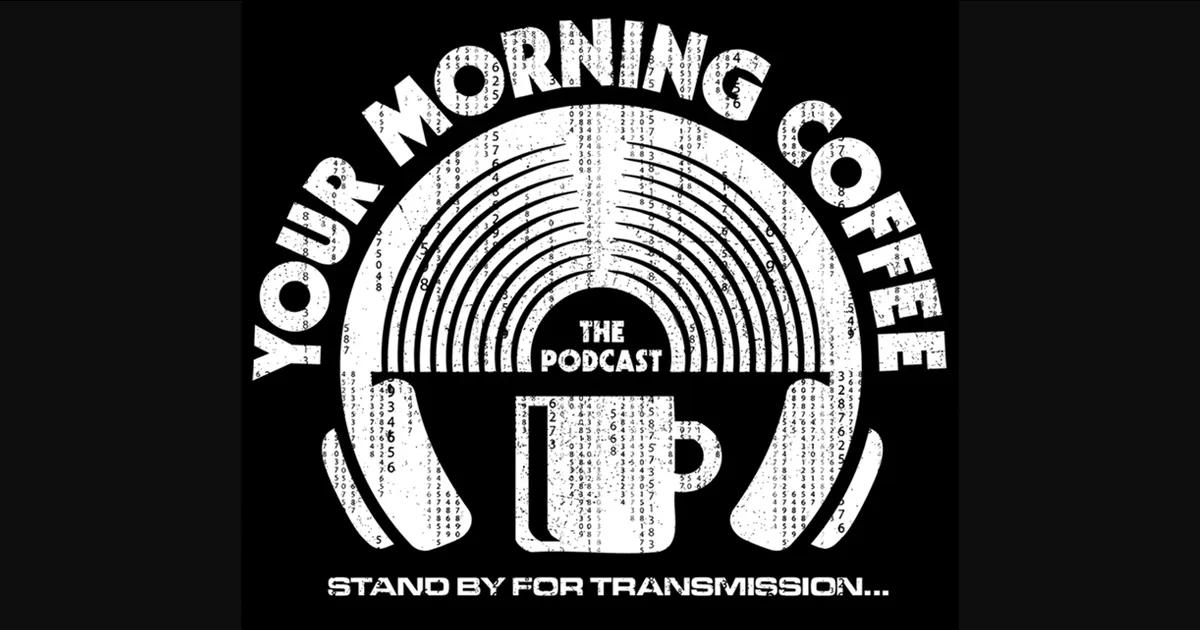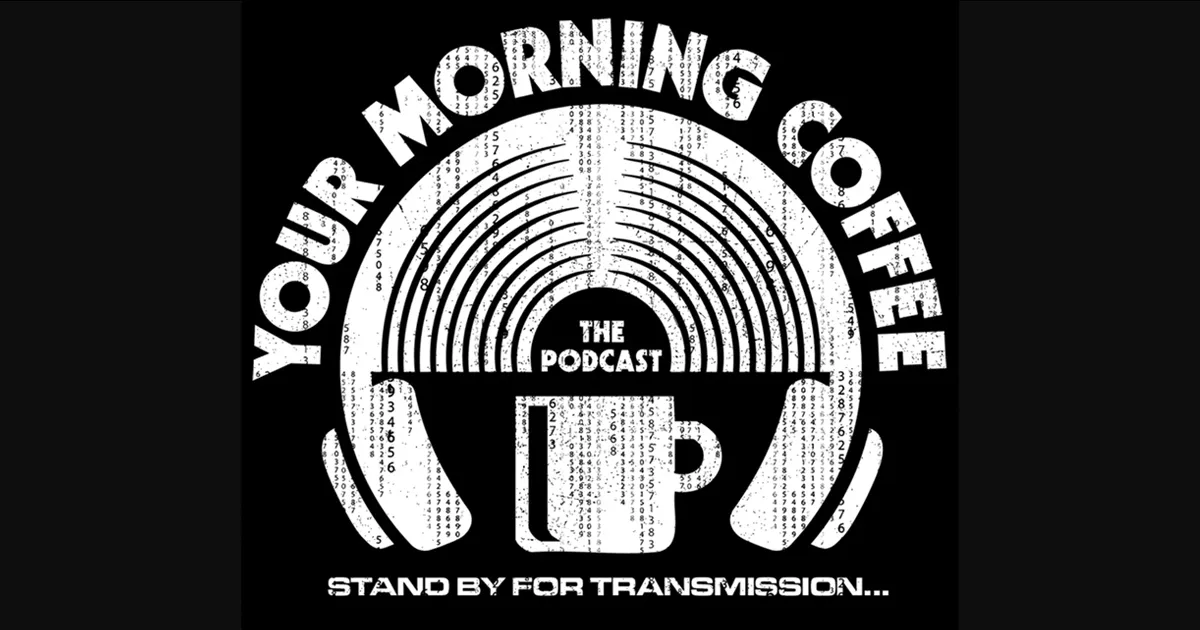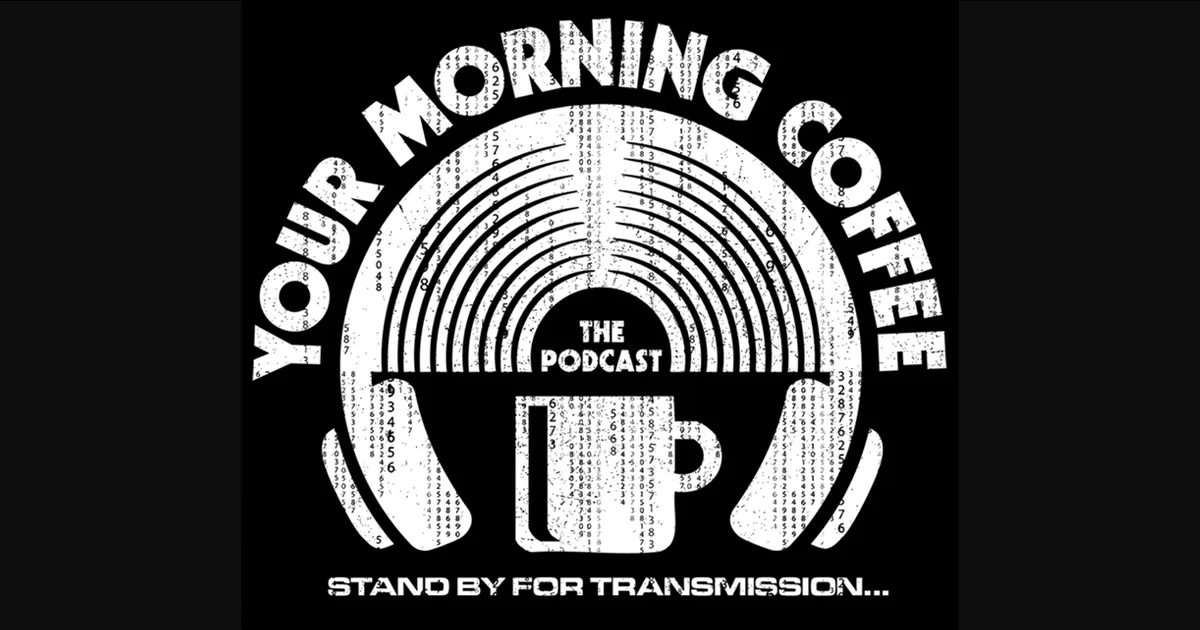Web3 and the music industry are proving to be a match made in heaven, and with direct performance and streaming revenue, it’s looking like they are going to live happily ever after.
by Janelle Borg of AmplifyYou
Let’s face it – the music industry has always been resistant to change that disrupts existing business models. Despite the resistance, however, the buzz around web3 suggests this new version of the Internet is coming – and fast.
But can web3 actually revolutionise the music industry? What are the benefits for artists? And, above all, how can web3 change the industry so that artists can finally take centre stage?

What is web3?
First things first – what exactly is web3? Simply put, it is the third generation of the internet. Unlike web1 and web2, web3 is the read/write/own stage of the Internet. In addition to creating and interacting with content, each individual has the power to participate in the creation of this new Internet.
Since web3 is still in its infancy, different people interpret it differently. However, it is widely understood that web3 is decentralized – and closely linked to blockchain and crypto.
Disrupting streaming
Streaming platforms have long been criticized for their low payouts-per-stream. They often make headlines for features that hinder emerging artists, rather than help them. In addition to the low payouts per stream, artists have to deal with intermediaries such as labels and distributors, who all take a cut, leaving the artist with little or no money from streaming.
On the other hand, blockchain-based streaming services such as Audius allow artists to be paid instantly every time someone streams their songs. They are designed in such a way that artists can upload their music directly to the platform, eliminating intermediaries. Furthermore, these streaming services function as DAO – decentralized autonomous organizations – enabling artists and fans to have a direct say on the future of the platform.
Revolutionising payments via blockchain
If you are an artist, it takes months to register as a self-employed person or to establish a partnership with your bandmates and set up a bank account. In addition to a lengthy bureaucratic process, you will probably spend money on consulting a legal adviser and accountant to navigate the system.
Additionally, DSP payments usually come into your bank account every quarter. Therefore, you have to wait at least four months to receive any payment, which then needs to be verified by your bank before you can actually use that money.
A decentralized payment network means you can get paid and exchange money without having to trust third parties to protect your money. Globalization and global access to the Internet mean that a blockchain-based payment system makes international transfers cheaper, more transparent and less vulnerable to hacking.
Decentralized payment networks can bring financial services to artists and musicians living in countries that do not have access to the traditional global financial system. This is because anyone with a mobile phone can set up a wallet and have instant access to crypto money transfers.
Powering an elevated live industry
In the traditional touring industry, venues and promoters make money from ticket and drink sales. Artists receive either a flat fee or a percentage of ticket sales. In addition, booking agents charge 10%-15% of the artist’s booking fee. Traditionally none of these parties receives additional revenue from this event once the gig has finished.
This is where Amplify comes in. This web3-powered live music ecosystem enables all parties involved in a gig to generate long-term residual income streamed directly to their wallets using yield-generating DeFi (decentralised finance) mechanisms. The relationship between the artist and the promoter/venue is managed by the Amplify platform and maximises transparency as all of this is carried out on a blockchain. Through Amplify p, all parties can make more recurring revenue (like a monthly royalty) from their gigs in the months and years to come.
Why should artists explore web3?
The most interesting aspect of web3 is that, although it is a nascent technology, it is undoubtedly a fast-growing one. A few years ago, only the tech-heads knew about web3. Nowadays, it makes headlines and is discussed everywhere, but it is not all celebrity-owned monkey pictures and wild speculation, there is a rapidly growing ecosystem of passionate builders using decentralized technology to solve some of the biggest problems faced in the world.
It is therefore becoming increasingly clear that being an early adopter of web3 has its benefits for artists. By looking beyond the traditional music industry, artists can build and engage their own fan communities, tap into unexplored spaces, and, more importantly, successfully live off their art in ways not possible before with new business models and ownership concepts.
Janelle Borg knows a thing or two about the music industry. Having been involved in the industry since the age of 13, she’s now involved in a variety of music-related projects and is always keen to share industry tips ‘n’ tricks with fellow musicians.





